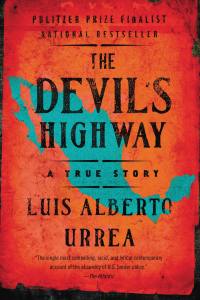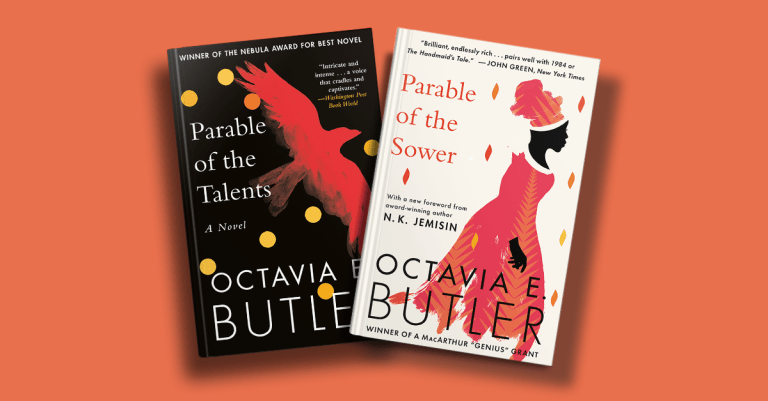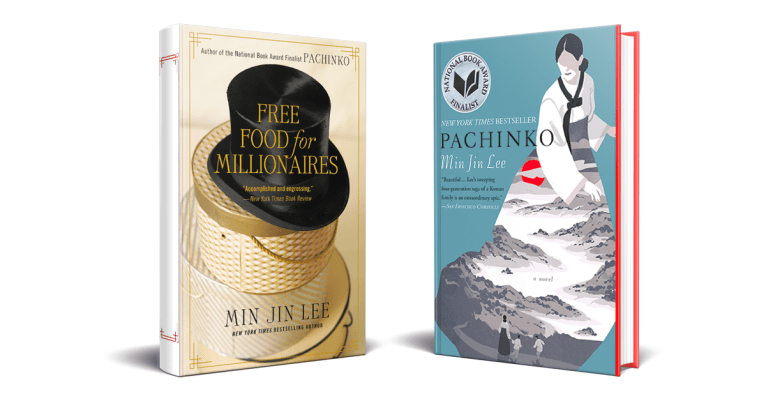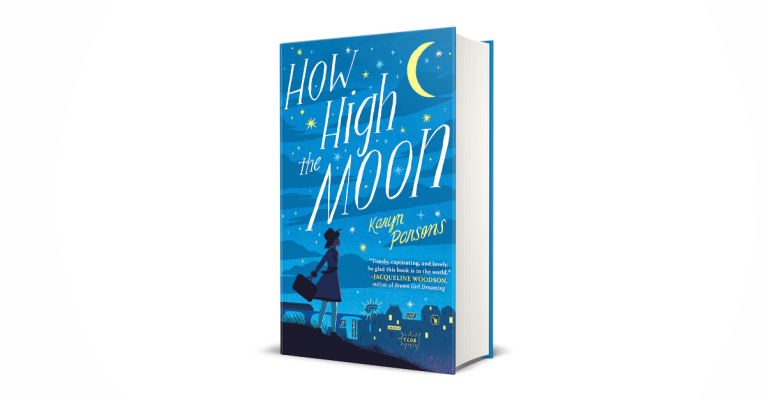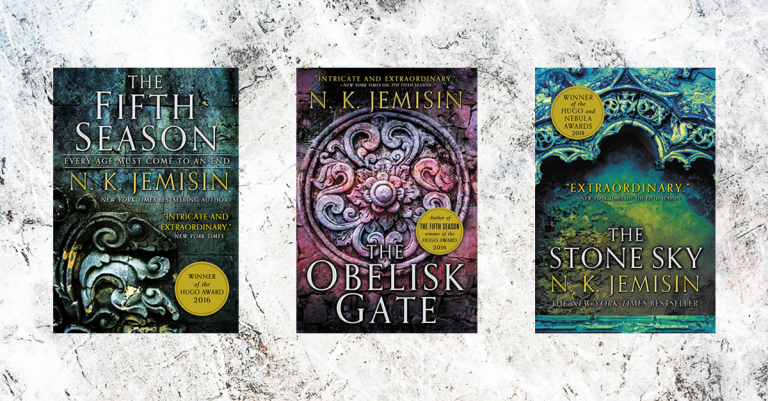Why The Devil’s Highway by Luís Alberto Urrea Still Matters 15 Years Later
It has been 15 years since the release of The Devil’s Highway: A True Story by Luís Alberto Urrea, which is widely considered a modern classic. We are only about one-fifth of the way into the 21st century, and we can already see that very few works of nonfiction from the last 20 years have had such a lasting impact. Published in 2004 to great acclaim, named a “best book of the year” by dozens of publications, and short-listed for the Pulitzer Prize for nonfiction, Urrea’s story of the deaths of 14 Mexicans attempting to cross into the United States is as important now as when it was published.
Illegal immigration and border patrol have never been more divisive issues than they are now, in 2019. But back before the showboating and grandstanding about wall building, Urrea told the story of 26 Mexican men who paid to be smuggled into the country through the most dangerous part of the border, the part of Southern Arizona known as "The Devil's Highway." Unaware before embarking on their trip that they would have to traverse fifty miles of desert in the brutal 115-degree heat, only 12 of the men were found alive five days later.
Urrea approaches the event from several sides. He examines the lives of the men hoping to cross into the United States, explains why they would attempt such a dangerous journey, and notes how, from the very start, the men were misinformed and ill-equipped to face the desert. He discusses the Border Patrol agents, who are themselves hesitant about traversing the Devil's Highway because of its dangerous and unforgiving terrain. And he even takes readers into the heads of the "coyotes" or smugglers, to help us understand why one might accept money to perform an illegal trip.
The Devil's Highway is a devastating story, but Urrea also makes it a humane one, a short book about hope and death, which presents an enduring argument for the need for U.S. border policy change. He examines the complexities of illegal border crossing, admits to an initial bias against border patrol agents, and confronts the effects of extreme temperatures and dehydration on the human body.
Urrea is a profoundly wonderful writer, as is also evidenced in his later books and novels, and to have him handle this subject in a way that leaves room for empathy for everyone involved is a blessing for readers. Born in Mexico himself to an American mother and a Mexican father, he knows more than most people what it means to feel the pull of both sides of the border. He cannot fault the people wanting to enter the United States, the land of the American dream, who are leaving Mexico, the country where his own father was murdered when Urrea was young. But neither does he condemn the border patrol agents, whose job it is to stop these people from entering, and who sometimes use their own money to erect lifesaving towers for people lost in the desert.
The Devil’s Highway is just as important today as it was 15 years ago because nothing about the events that Urrea describes has changed. People are still attempting to cross into the country and dying; the government is still unable to come up with a realistic solution with regards to border crossers, and the general public is still fed misinformation about immigration. A copy of The Devil’s Highway in the hands of high school students, government officials, and border patrol agents would go a long way to helping teach empathy for all involved. It takes an especially talented writer like Luís Alberto Urrea to be able to break down walls in the face of ones being built.
About Luís Alberto Urrea
A finalist for the Pulitzer Prize for his landmark work of nonfiction The Devil’s Highway, Luis Alberto Urrea is also the bestselling author of the novels The House of Broken Angels, The Hummingbird’s Daughter, Into the Beautiful North, and Queen of America, as well as the story collection The Water Museum, a PEN/Faulkner Award finalist. He has won the Lannan Literary Award, an Edgar Award, and a 2017 American Academy of Arts and Letters Award in Literature, among many other honors. Born in Tijuana to a Mexican father and American mother, he lives outside of Chicago and teaches at the University of Illinois-Chicago.
Follow Luís Alberto Urrea:
You Might Also Like
By clicking ‘Sign Up,’ I acknowledge that I have read and agree to Hachette Book Group’s Privacy Policy and Terms of Use
Liberty Hardy is a Book Riot senior contributing editor, co-host of All the Books, a Book of the Month judge, and above all else, a ravenous reader. She resides in Maine with her cats, Millay, Farrokh, and Zevon. You can see pictures of her cats and book hauls on Twitter @MissLiberty and Instagram @franzencomesalive.
